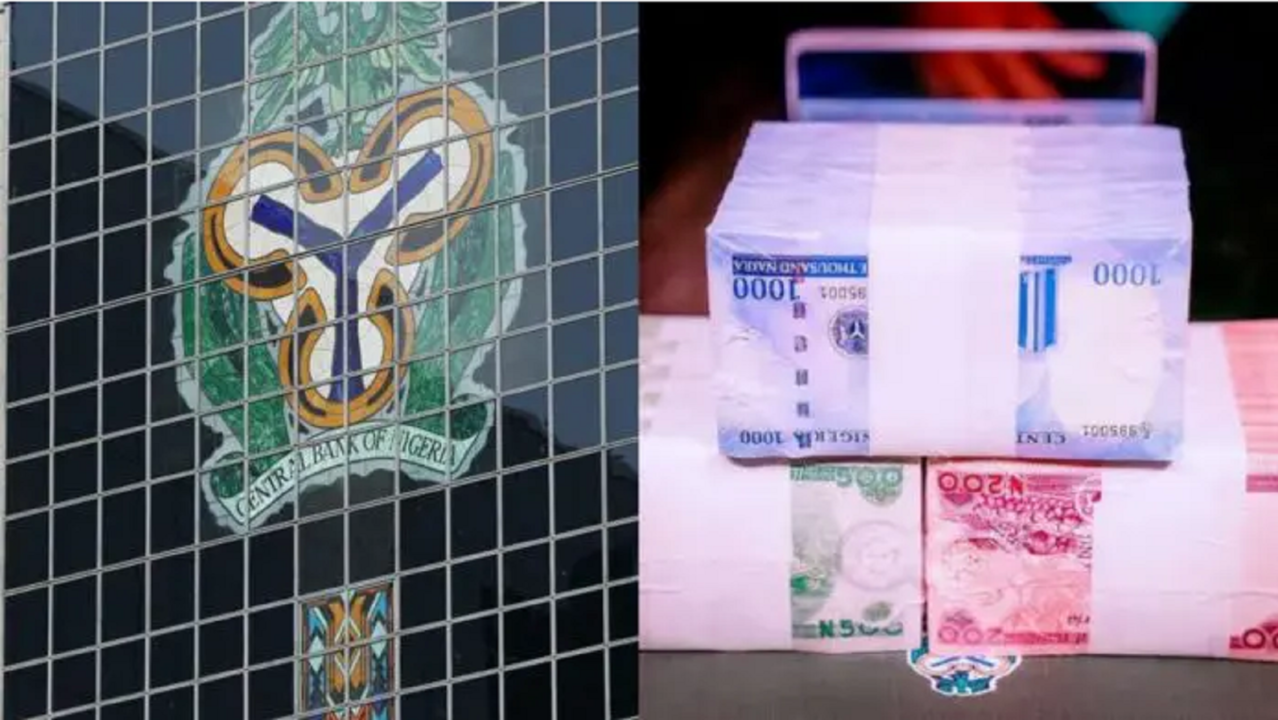Dollar to Naira Rate arose after $1.58 Billion drop in Foreign Reserves.
NewsOnline reports that at the end of trading in the foreign exchange (forex) official market on Wednesday, 3 May, the Naira slumped to the Dollar, as the forex rate closed at ₦463/$1.
This online newspaper understands that Naira failed to hold on to the gain recorded on Tuesday, 2 May, when the Dollar rate was reported at ₦462.33 kobo/$1. This reflected a 0.14 per cent or ₦0.67 kobo increase in the exchange rate on Wednesday.
ALSO: Senate Approves Buhari 22.7trn Illegal ‘Ways and Means’ Loan Request From CBN
FMDQ Exchange reported that the exchange rate between the Dollar and the Naira traded at a high of ₦465, and a low of ₦460 – it however, closed trading at ₦463/$1 yesterday.
NewsOnline Nigeria learnt that in the official market, investors and exporters transacted foreign exchange worth $52.32 million.
This is an improvement when compared to the $46.04 million foreign exchange transacted in the Investors’ and Exporters’ window.
The Naira’s inability to sustain its gain against the Dollar could be traced to the depleting foreign reserves of Nigeria, which is affected by the reduction in foreign capital importation.
Foreign investors are not seeing Nigeria as a viable business environment, hence, the foreign capital importation dropping to $5.32 billion in 2022, from $23.9 billion in 2019.
Dollar To Naira Rate Rises After $1.58 Billion Drop In Foreign Reserves

Also, foreign reserves this year is down 4.27 per cent or $1.58 billion between January to March, falling from $37.08 billion as of 30 December 2022, to $35.49 billion at the end of March, according to data obtained from the Central Bank of Nigeria (CBN).
International auditing and consultancy company, KPMG, had also expressed concern towards the declining foreign investments and the impact it will have on foreign reserves and exchange rates.
“Capital importation figures has now shown a persistent decline from $23.9 billion in 2019, $9.65 billion in 2020, $6.70 billion in 2021, and $5.32 billion in 2022.
“The importance of capital inflows in a country where foreign exchange is in high demand to stimulate economic activity is very clear.
“Accordingly, the continuous decline in foreign capital inflows in the presence of dwindling crude oil sales, and [a] generally poor and unstable export earnings, has slowed down foreign reserves accretion and widened the foreign exchange supply gap, thereby putting pressure on the exchange rate which has depreciated for the most part since 2022.
“Additionally, inadequate access to foreign exchange has constrained inputs for production leading to higher production costs, lower revenues and slower economic growth,” KPMG said in a report.
SCHOLARSHIPS & OPPORTUNITIES:
- Apply For Stanbic IBTC Digital Graduate Program 2023 For Young Nigerians
- Apply For World Bank Junior Professional Associates Program 2023-2024
- Apply For Internet Society Foundation Research Grant Program 2023
- Apply For Global Peace Photo Award for Photographers Worldwide 2023
- Apply For Queens Commonwealth Essay Competition 2023/2024 | Trip To London














